The first crewed mission to Mars could launch as soon as the 2030s, and, according to some scientists, it may be just a few decades before we attempt to establish permanent colonies on the Red Planet. But, to keep such colonies up and running, scientists would need to account for issues well beyond the extraordinary logistics of getting there. Presented as a series of interplanetary postcards, this short animation probes short-term and long-term quandaries of procreation and childrearing beyond our home planet, including: could childbirth and development removed from the physics of Earth create new human subspecies? And would it be ethical to rear and raise children in extreme and isolated environments?
Would children born beyond Earth ever be able to return to humanity’s home planet?
Video by BBC Ideas and the Royal Society
Animator: Christopher Brooks
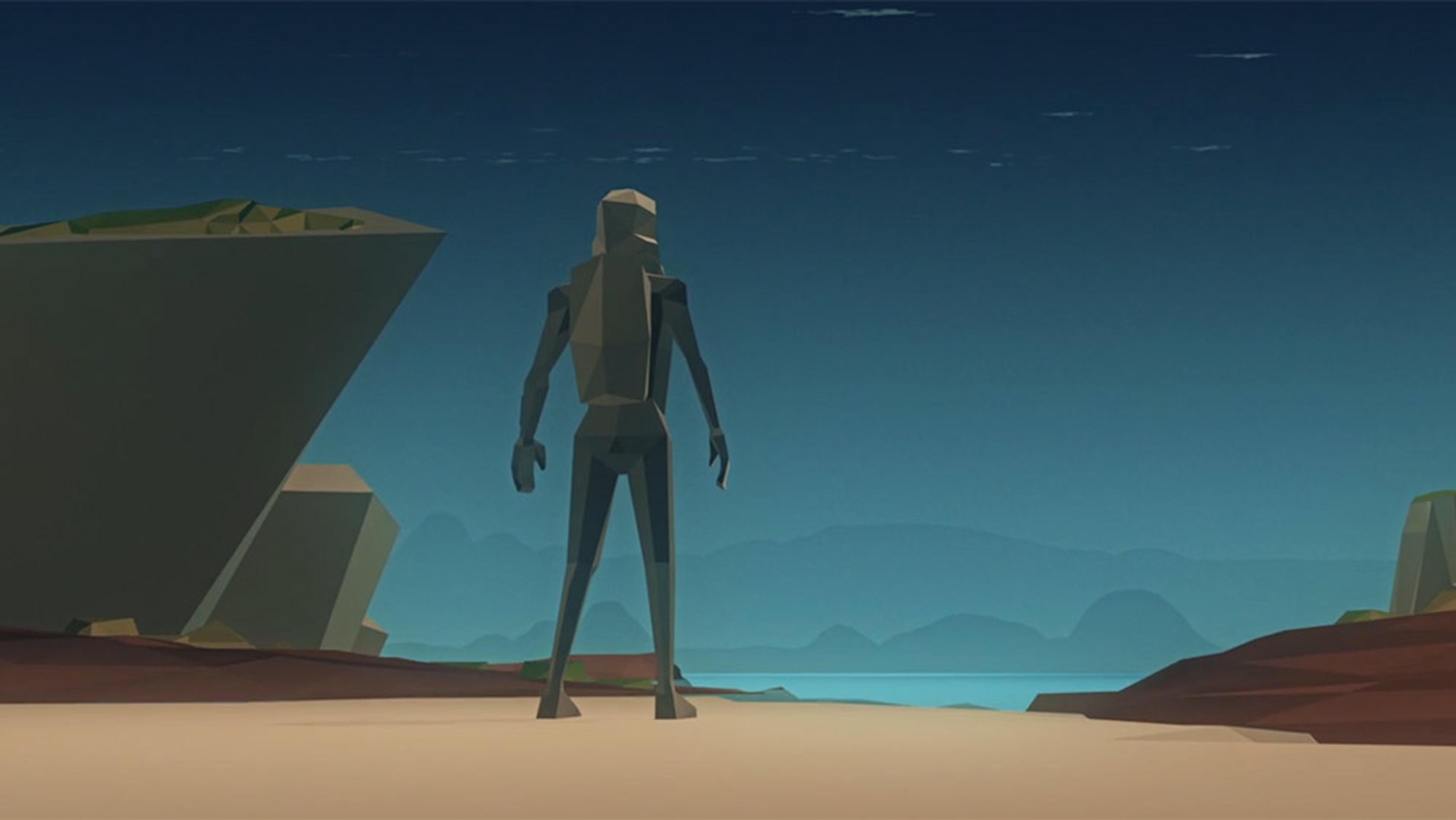
videoSpace exploration
Could we make a home on Mars? It would be a very unique psychological situation
3 minutes
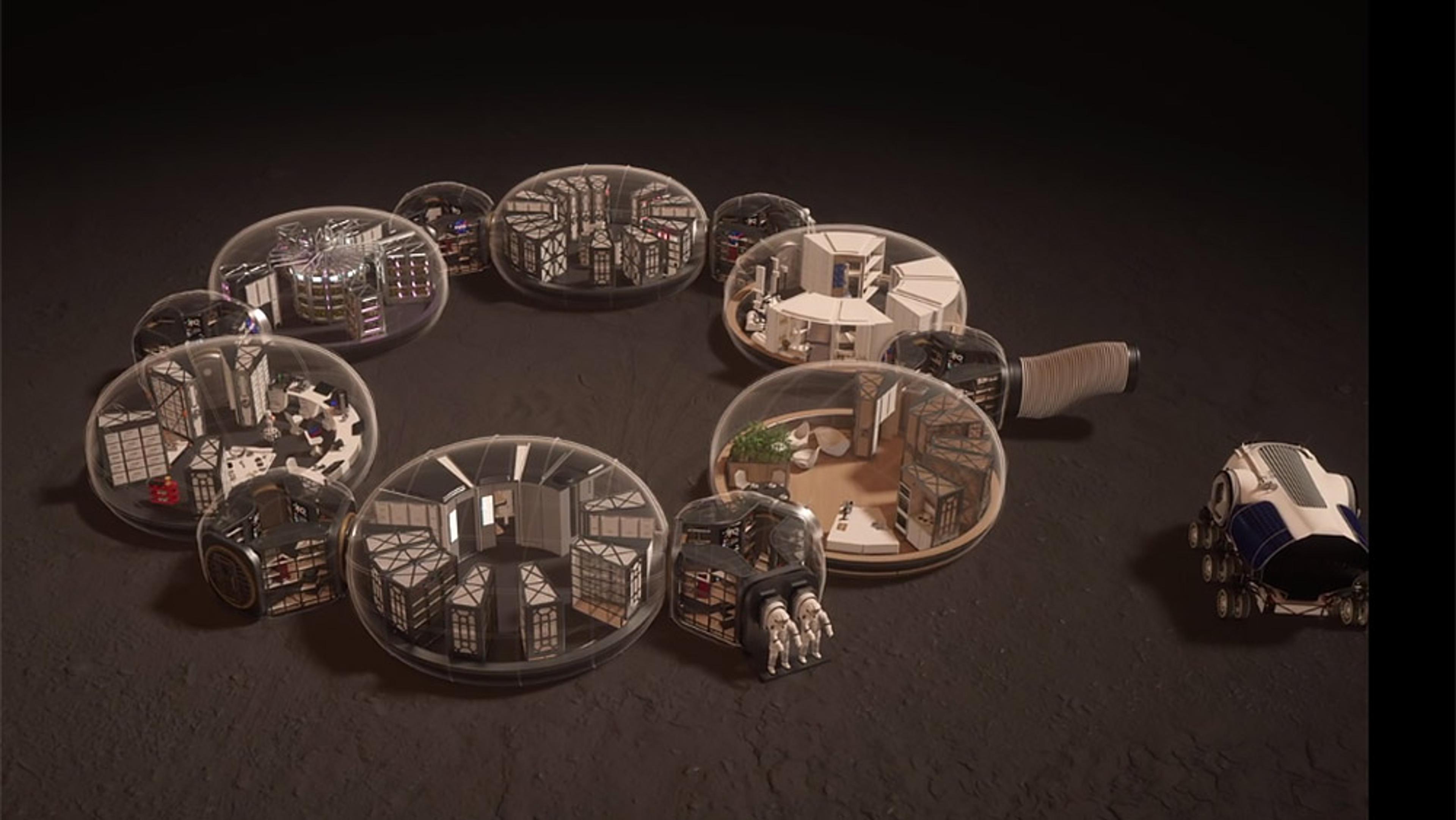
videoSpace exploration
How 3D-printing robots will get Mars home-ready for our arrival
5 minutes

videoBiology
Everything you always wanted to know about sex in space
4 minutes
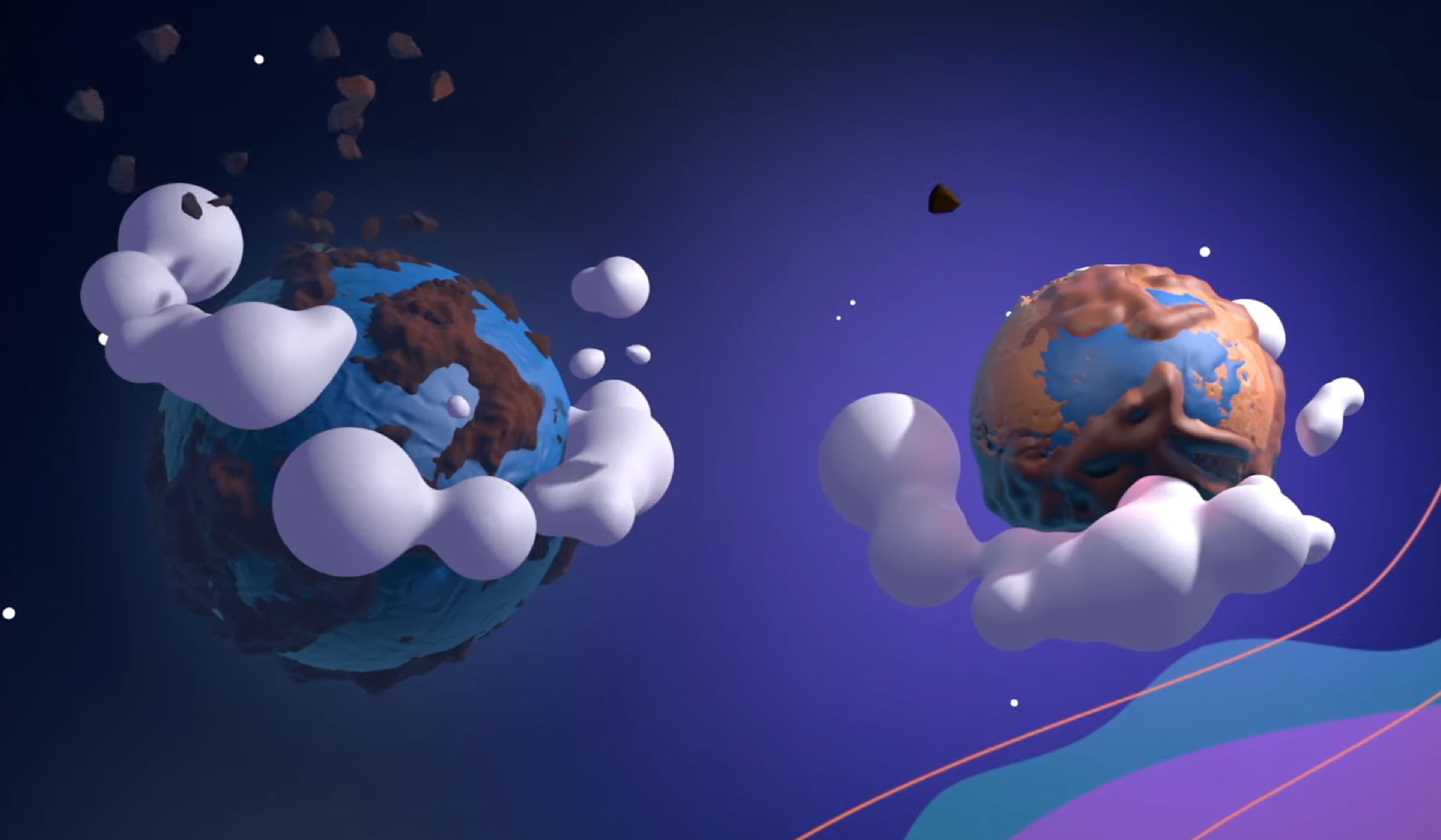
videoBiology
The idea that life on Earth originated elsewhere is not as far out as it seems
6 minutes
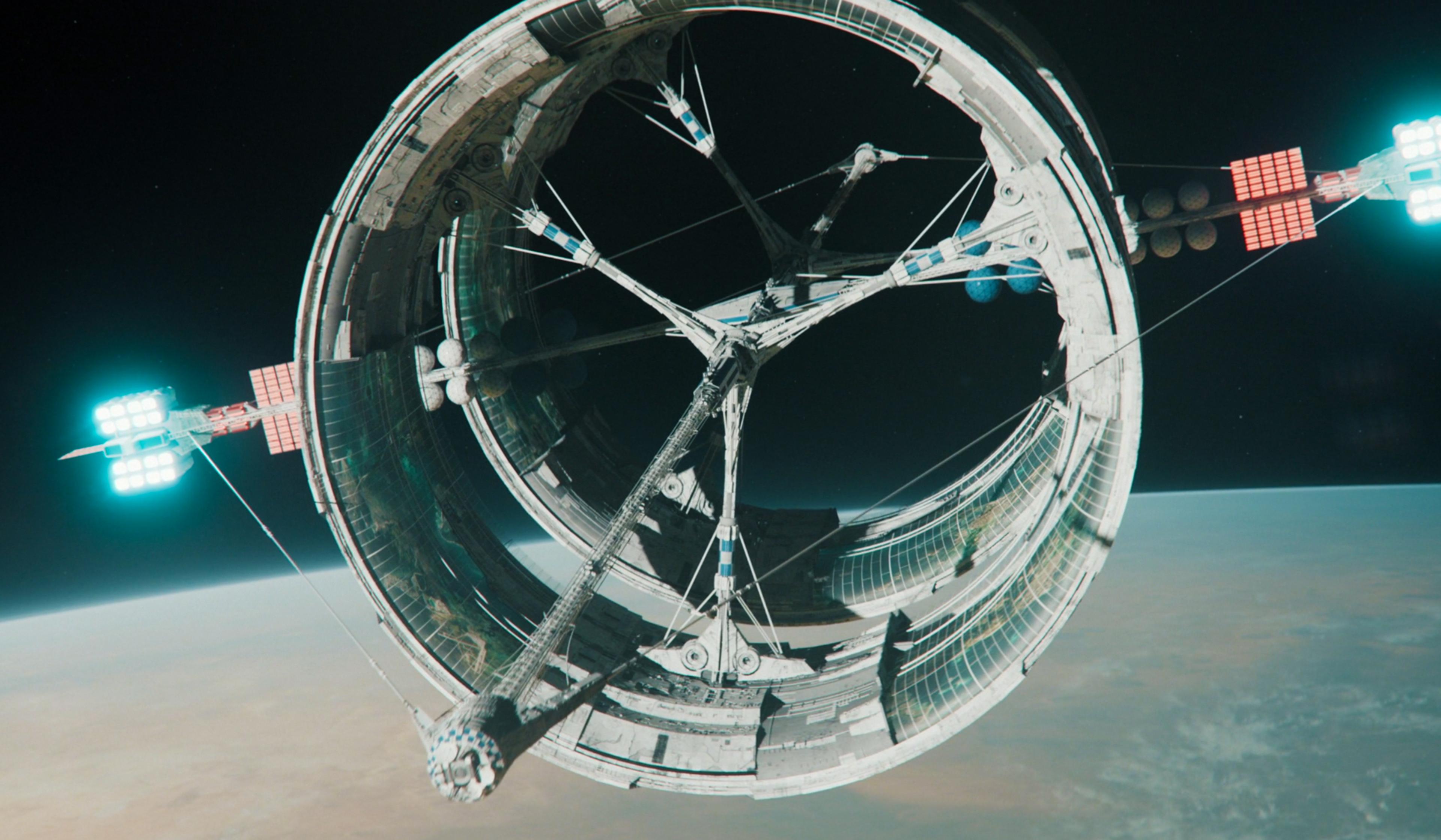
videoSpace exploration
Mind-bending speed is the only way to reach the stars – here are three ways to do it
5 minutes

videoSpace exploration
Imagine alien signals are detected. Here’s what happens next
3 minutes
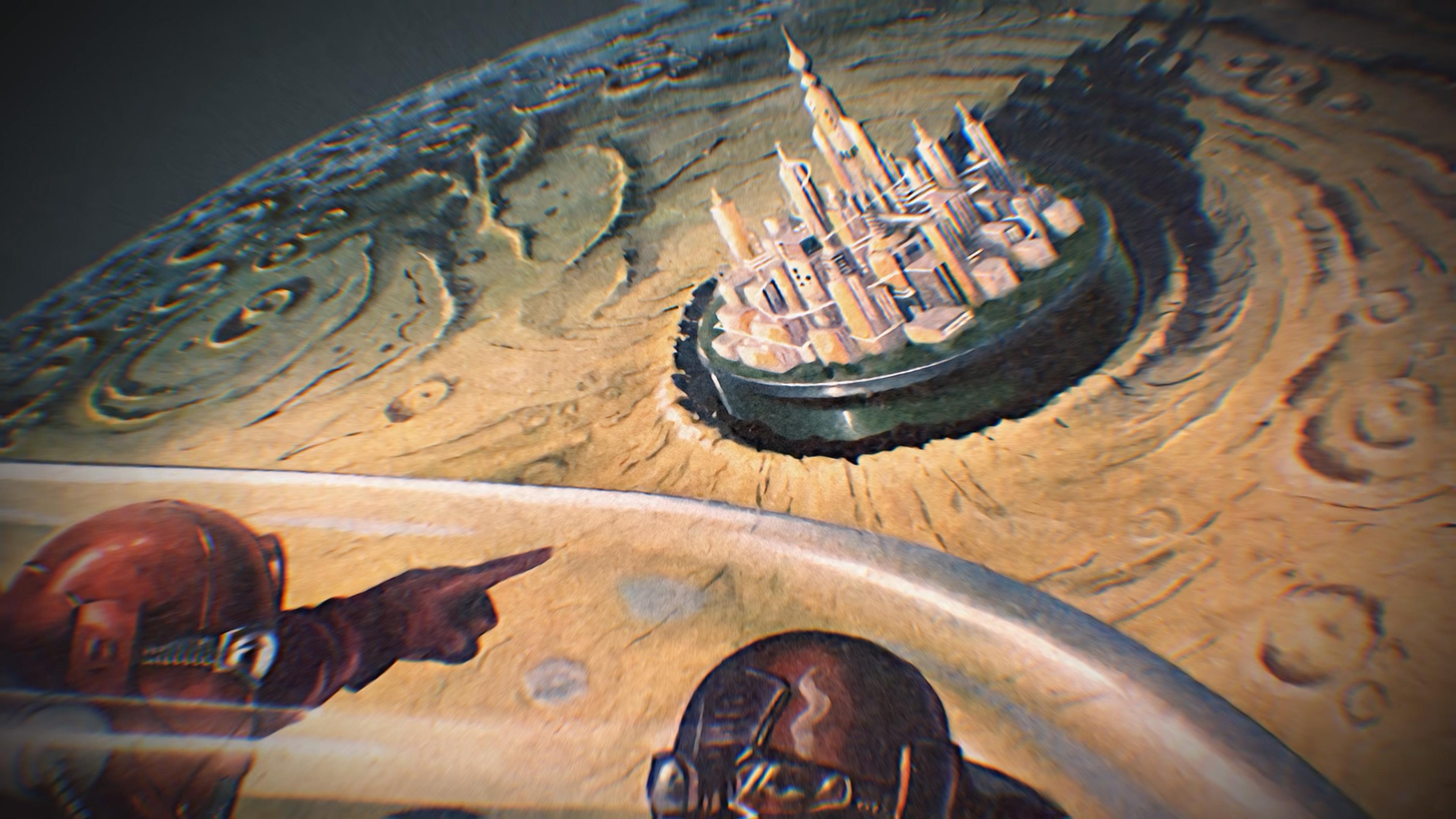
videoAstronomy
The history of astronomy is a history of conjuring intelligent life where it isn’t
34 minutes

videoAstronomy
Finding alien life raises huge ethical questions. Finding we’re alone does, too
6 minutes

videoSpace exploration
A tour of Mars assembled from NASA images reveals a wondrous but uninviting planet
5 minutes